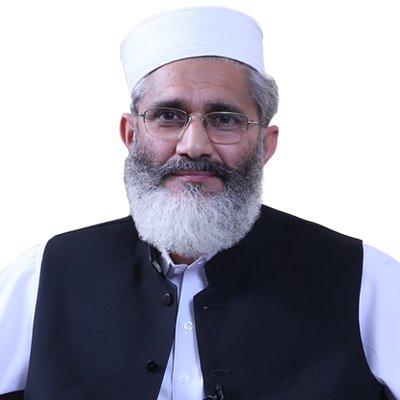Emir Jamaat-e-Islami (JI) Sirajul Haq rejecting the Sindh local bodies act has called for consensus of stake holders on it. While talking to JI workers at Mansoora on Monday, he said, “The Jamaat-e-Islami will not accept the anti-democracy act.” While expressing concern over the stubbornness of the Sindh government on recently adopted act, Sirajul Haq said pushing people to the wall and ignoring their demands raised serious questions on the democratic credentials of the PPP.
He said the residents of the port city led by the JI Karachi chapter had been protesting against the local government act for 18 days but the provincial government was not ready to amend the act which was against the constitution and spirit of the basic democracies.
Thorough the recent law, the JI chief said, over 30 million people of Karachi were supposed to elect their mayor having no check and balance on educational institutions, hospitals and transfer posting of the local government administration. The chief minister, he added, took back all the powers of local government representatives in LG Sindh act. He said people of Karachi demanded their just rights.
The city, he regretted, had turned into a heap of garbage due to negligence of the provincial and federal government. The mini-Pakistan has been reduced to the plethora of problems as even majority of the residents were deprived of the clean drinking water facility.
Talking about Balochistan, Sirajul Haq said the government failed to honor the agreement it signed with the leader of the “Gwadar Movement” Maulana Hidatur Rahman. The government, he added, followed its track of betraying the masses with false promises. He said the people of Gwadar were being forced to take to the streets again.
The JI Chief warned the government against ignoring demands of the residents of Gwadar. He said the federal and provincial governments failed to address the deprivations of the people of Balochistan and it could create serious problems for the rulers. He said the JI would continue its struggle for the right of the people.










